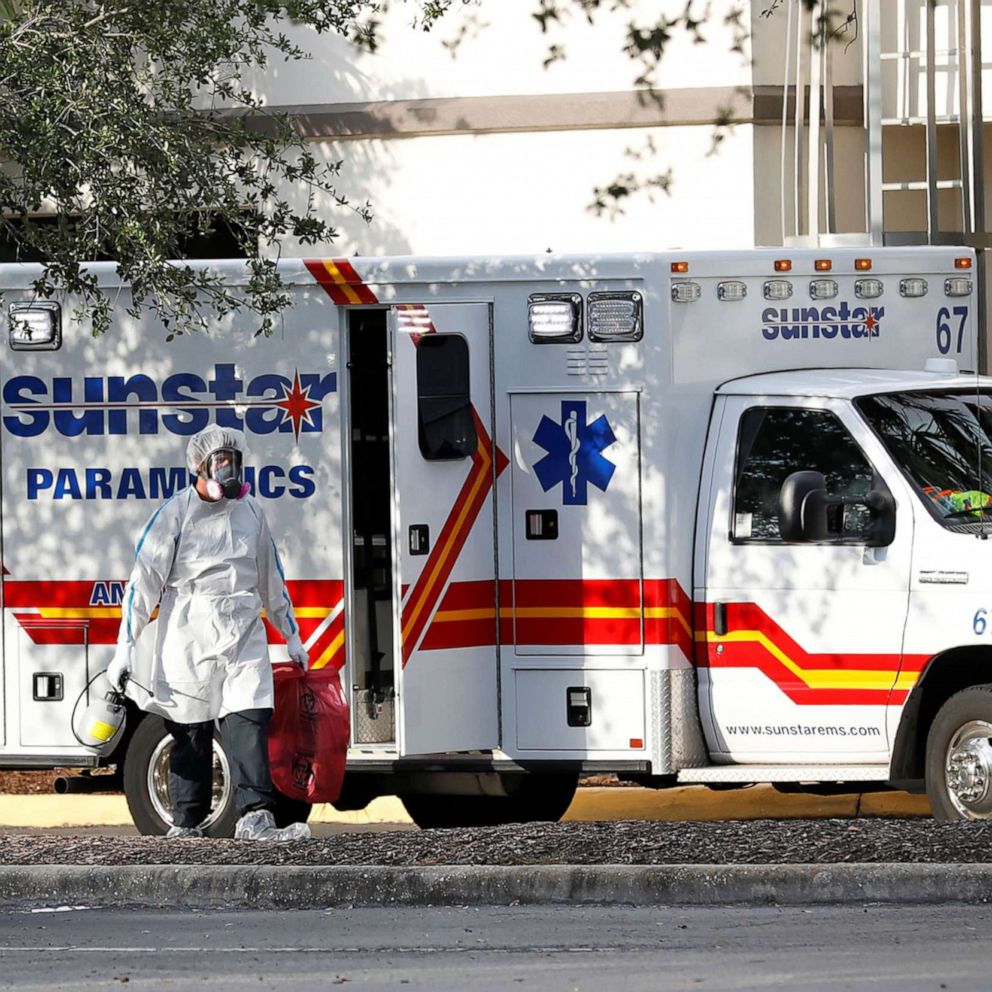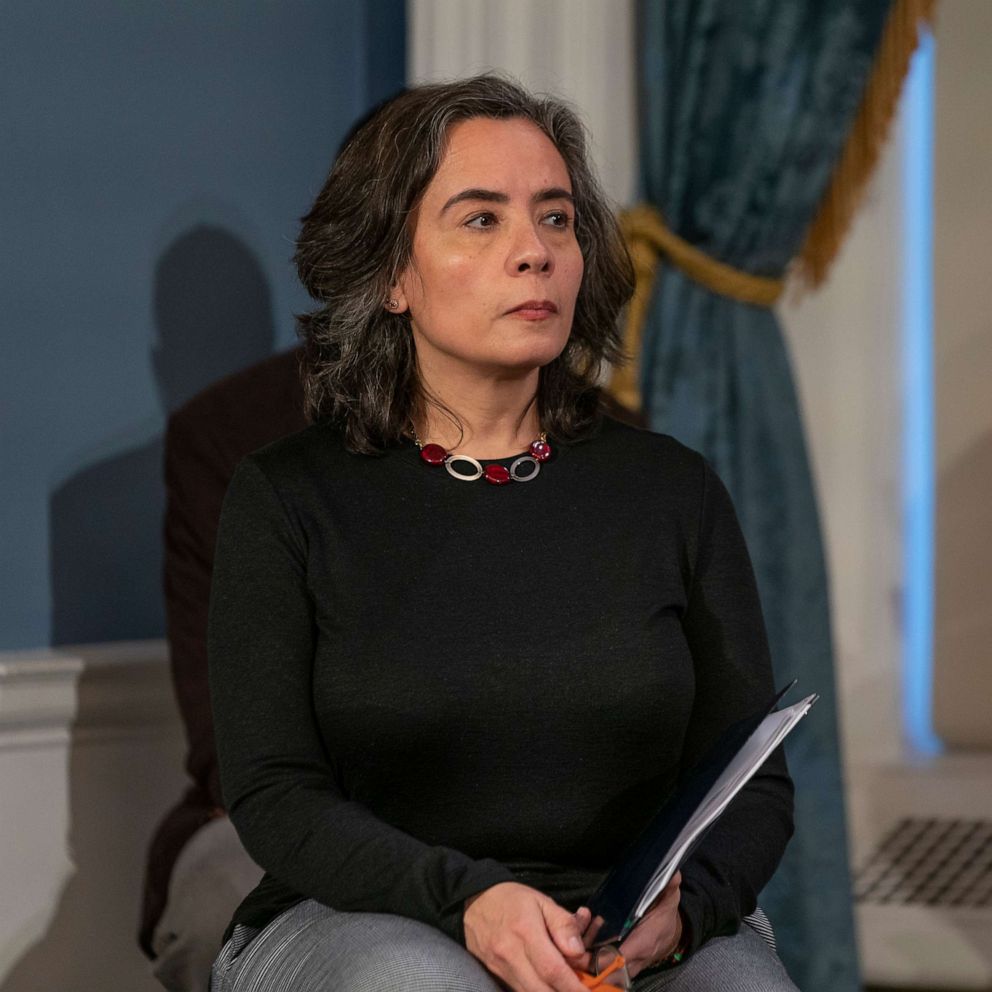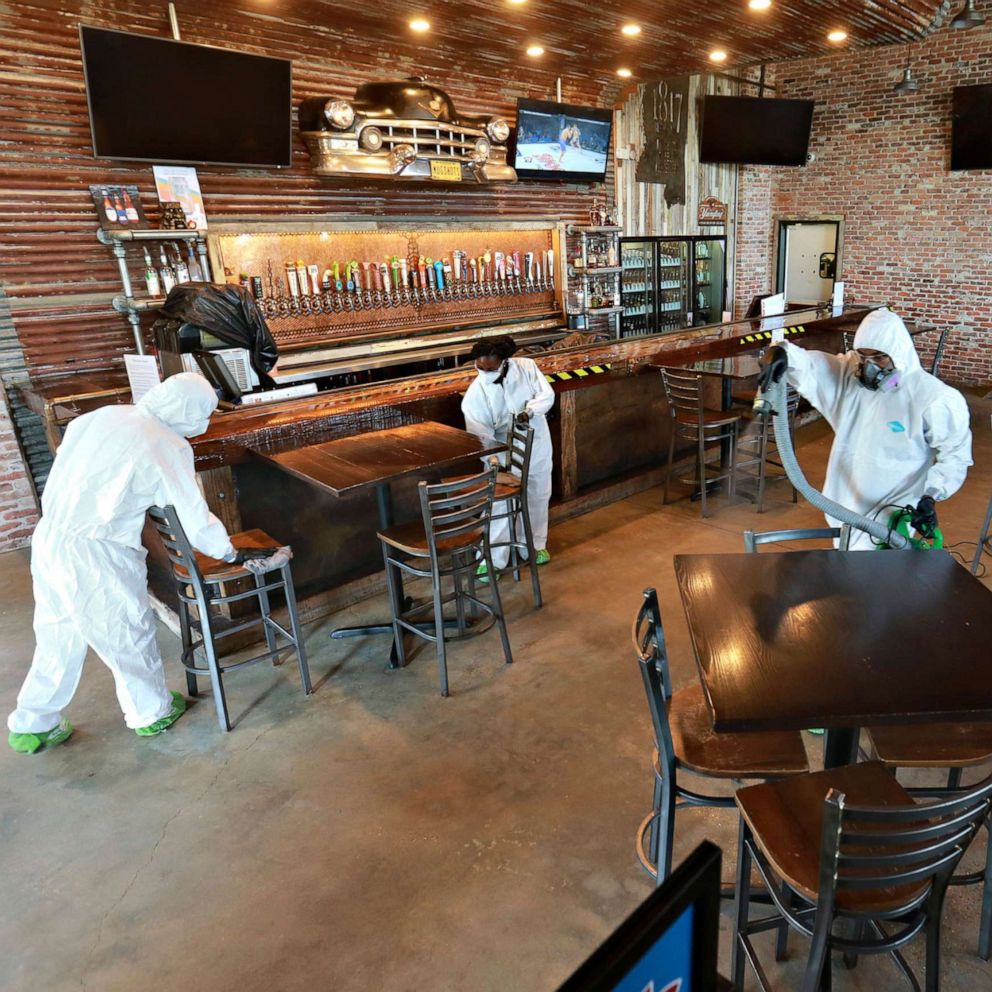'Our job is to speak the truth,' former surgeon general says in unconventional DNC speech
During the final night of the Democratic National Convention, Dr. Vivek Murthy addressed the nation.
"I know it's not typical for a former surgeon general to speak at a convention," Murthy said. "Surgeon generals are appointed by presidents, but our work isn't about politics. Our highest duty to to the public. Our true guide is science. Our job is to speak the truth about public health, even when it's controversial or perceived as political."
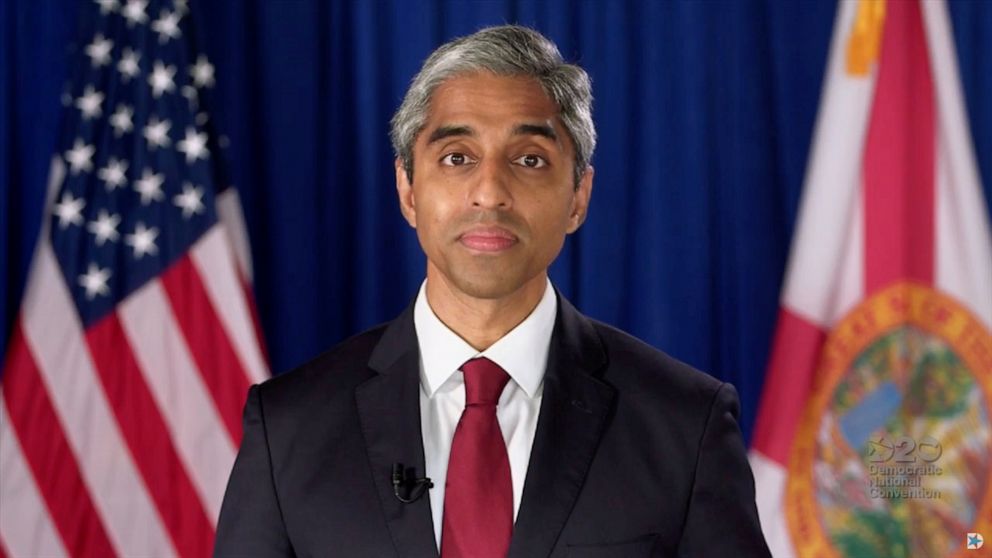
"Our nation absolutely has what it takes to overcome the COVID-19 pandemic that's claimed tens of thousands of our loved ones," Murthy continued. "We have the talent, resources and technology. What we're missing is leadership. We need a leader who works with states to ensure that everyone who needs a test gets one and gets results quickly. A leader who secures a safe effective vaccine and distributes it quickly and fairly."
Murthy's remarks were uncharacteristically political for a physician who largely eschewed politics while he served under President Barack Obama from 2014 to 2016.
As surgeon general, Murthy followed in his predecessors' footsteps, leading the charge on the United States' opioid crisis. He stressed that addiction was a medical condition, not a moral failing, and sent a letter to every doctor in America urging them to mobilize and join him in stemming the opioid crisis.
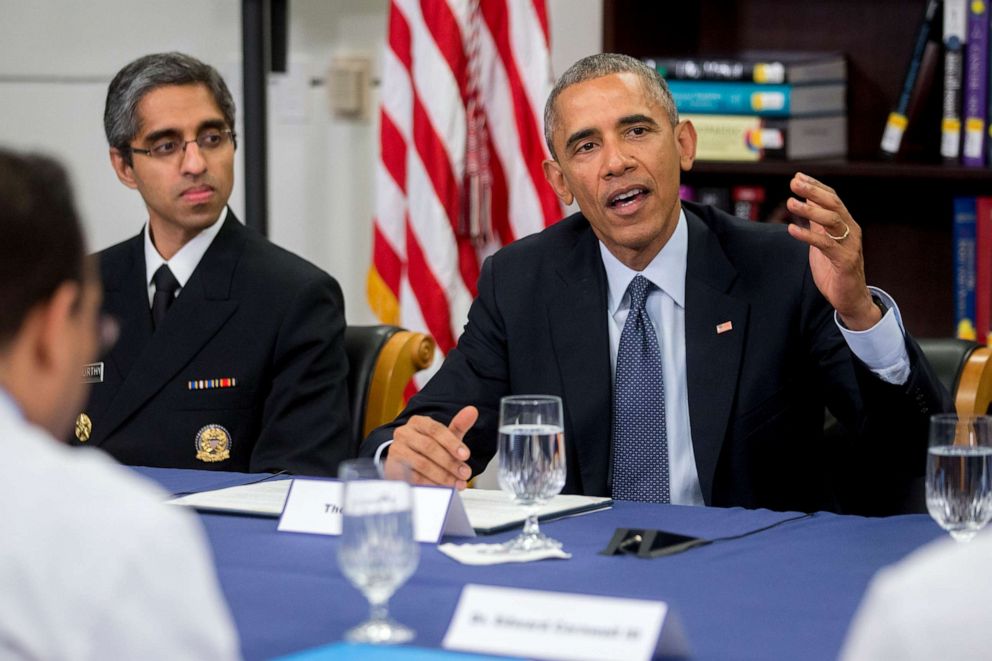
Despite Murthy's assertion that the role of the nation's "top doctor" isn't political, it was ultimately politics, or at least the appearance of having political opinions, that got Murthy fired in 2017. While surgeon generals typically serve four-year terms, spanning presidents, Murthy's was cut short after just two years, when President Donald Trump asked him to resign and he refused, Murthy's wife told The New York Times in 2017. The move was not unprecedented. Past presidents have asked surgeon generals to step down and subsequently appointed someone with views similar to that administration's.
The political opinion in question likely was Murthy's views on firearms. Though he rarely mentioned guns or gun violence as surgeon general, Murthy drew ire from the National Rifle Association for referring to gun violence as a public health problem before assuming that role. The NRA subsequently lobbied against him.
"Murthy's record of political activism in support of radical gun control measures raises significant concerns about the likelihood he would use the office of surgeon general to further his preexisting campaign against gun ownership," the NRA wrote on its website in 2014. Even after promising not to use his office as a "bully pulpit on gun control."
Murthy's confirmation ultimately took about a year.
Now, in spite of prior political run-ins, Murthy stands poised to get back in the game if Joe Biden is elected in November.
According to STAT, the health and medical news outlet, Biden's policy team brought on Murthy and former FDA Commissioner David Kessler to provide daily COVID-19 briefings to Biden and his top advisers. When Sen. Kamala Harris joined the Biden ticket, she was brought in on the pandemic briefings, too, STAT reported.
It's unclear whether Murthy's pandemic briefing role or DNC speaking slot will translate into him becoming a major player in America's COVID-19 response down the line.
Murthy, who declined to comment for this article, spoke of giving Biden COVID-19 briefings during his DNC segment.
"He pours over COVID briefings asking smart questions," Murthy said, "letting science guide his way -- just as he did when managing the Ebola crisis."
